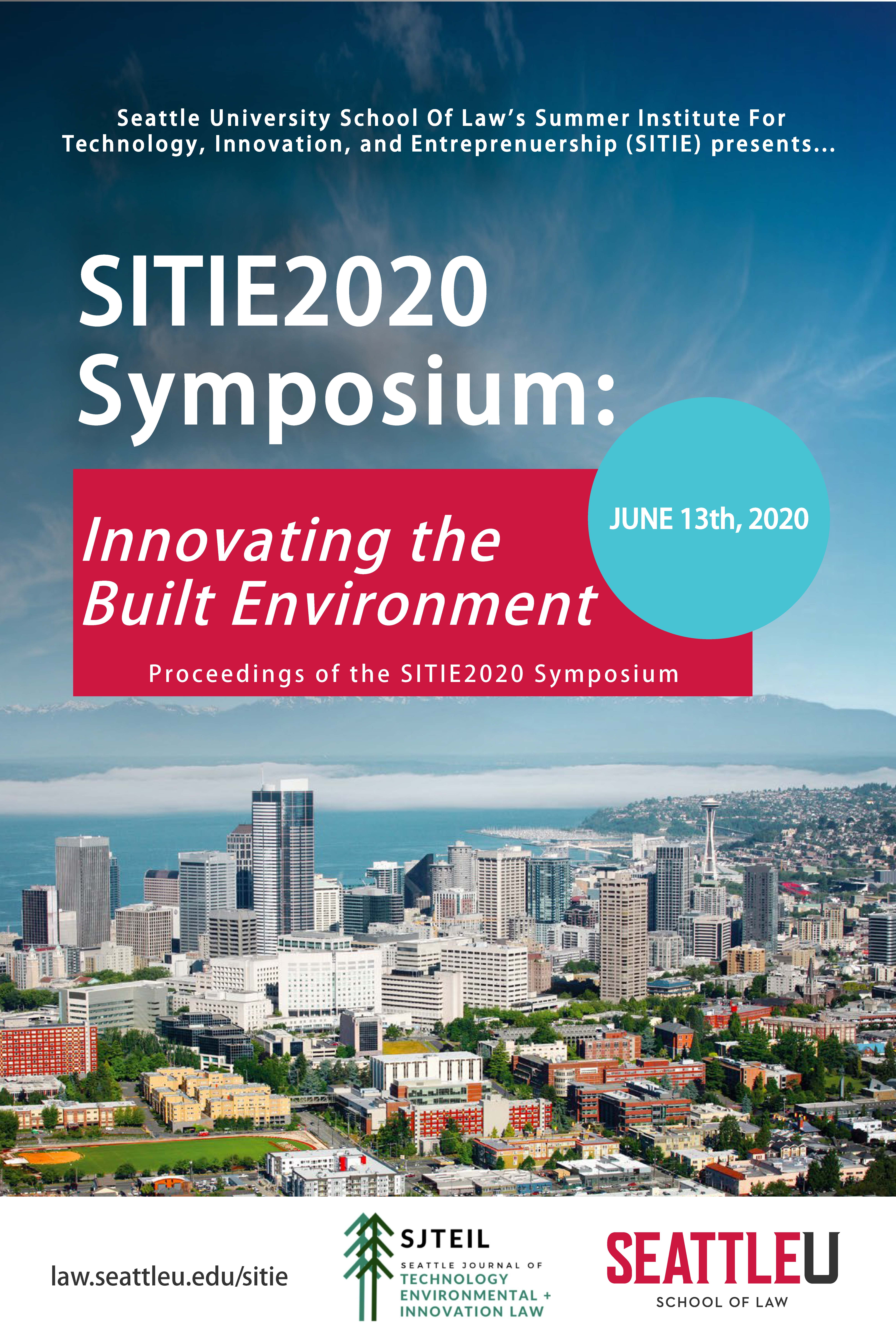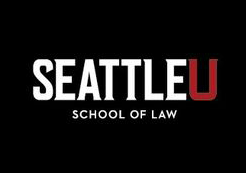
Location
Zoom Recording Available at Link Below.
Event Website
https://media.law.seattleu.edu/Playlist/c2G6Rpd7?destinationID=4AUx5RIOEkqKZ8DZ1XLNHw&contentID=uY9QYlwPWkmG-WEuEqr1VQ&orderBy=videoTitle&orderByDirection=asc&pageIndex=1&pageSize=10
Start Date
13-6-2020 10:30 AM
End Date
13-6-2020 11:30 AM
Description
ABSTRACT: When Worlds Collide: How an 86-Year Old Federal Law (The Securities Act of 1933) Exposed the Flaws in WeWork’s “Innovative Business Model.”
Co-working pioneer WeWork, a wholly owned subsidiary of The We Company, grew meteorically through an extremely aggressive building and master-lease acquisition strategy over the past several years. Substantial, early stage funding from SoftBank, a Japan-based high-tech venture capital investment bank, reinforced WeWork’s unicorn status. But was WeWork’s business model truly unique, bringing with it the promise of a very profitable real estate operating company in the future? Or was it the company’s early stage, venture capital-fueled meteoric growth—without a solid business plan for how that growth and market dominance might translate to a financially stable and profitable operating entity over the long run— that made it the shiny red firetruck in the toy store window that attracted investor attention?
by Prof. Peter Smirniotopoulos
Session 2 Summary.pdf (239 kB)
Summary of Proceeding by Jeffrey Thomson
Included in
Environmental Indicators and Impact Assessment Commons, Environmental Law Commons, Environmental Monitoring Commons, Housing Law Commons, Land Use Law Commons, Law and Economics Commons, Law and Race Commons, Law and Society Commons, Legislation Commons, Property Law and Real Estate Commons, Science and Technology Law Commons, Securities Law Commons, Sustainability Commons
SESSION 2: WeWork
Zoom Recording Available at Link Below.
ABSTRACT: When Worlds Collide: How an 86-Year Old Federal Law (The Securities Act of 1933) Exposed the Flaws in WeWork’s “Innovative Business Model.”
Co-working pioneer WeWork, a wholly owned subsidiary of The We Company, grew meteorically through an extremely aggressive building and master-lease acquisition strategy over the past several years. Substantial, early stage funding from SoftBank, a Japan-based high-tech venture capital investment bank, reinforced WeWork’s unicorn status. But was WeWork’s business model truly unique, bringing with it the promise of a very profitable real estate operating company in the future? Or was it the company’s early stage, venture capital-fueled meteoric growth—without a solid business plan for how that growth and market dominance might translate to a financially stable and profitable operating entity over the long run— that made it the shiny red firetruck in the toy store window that attracted investor attention?
https://digitalcommons.law.seattleu.edu/sitie_symposium/itbe2020/june13/4


Comments
Special Topic Introduction: Peter Smirniotopoulos
Featured Speaker: Ryan Mathisen, J.D., Summa Cum Laude Seattle University School of Law ‘19 & Judicial Law Clerk (Aug. 2019 – June 2020) Washington State Supreme Court “What the We Company’s Initial Public Offering for its We Work Subsidiary Revealed About the Challenges of the Co-Working Sector in Commercial Real Estate”
Panel Discussion: Ryan Mathisen, Featured Speaker & Moderator Peter Smirniotopoulos Paul Swegle, Adjunct Professor, Seattle University School of Law; General Counsel, Observa (and other start-ups); Author, Startup Law and Fundraising